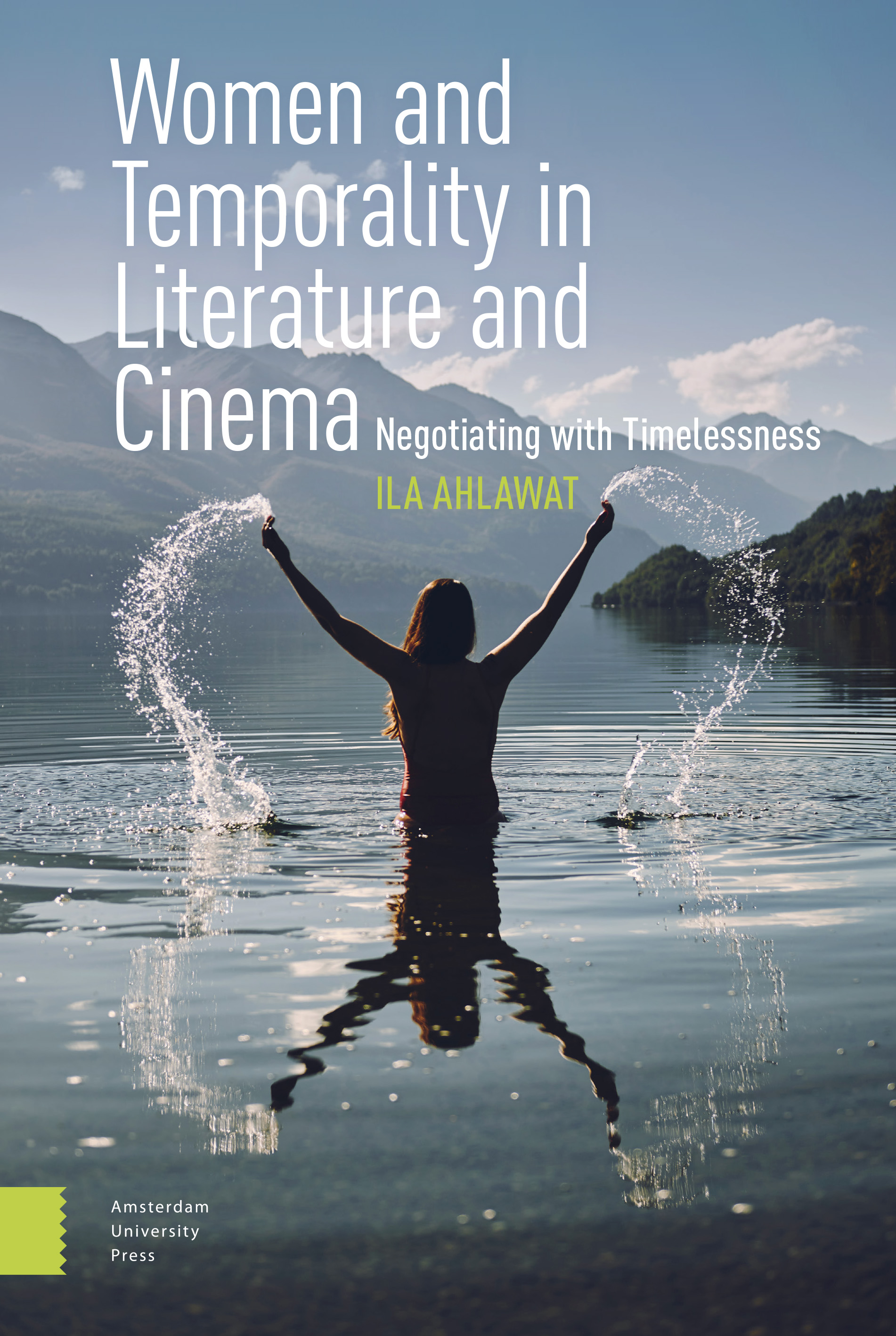Imperial paradoxes: training the senses and tasting the eighteenth century
 At war for sixty years, eighteenth-century Britain and France experienced demographic, social, and economic exchanges despite their imperial rivalry. Paradoxically, this rivalry spurred their participation in scientific and industrial developments. Their shared interest in standards of living and cultural practices was fuelled by migration and philosophical exchanges that reciprocally transmitted the values of urban geography, medicine, teaching, and the industrial and fine arts.
At war for sixty years, eighteenth-century Britain and France experienced demographic, social, and economic exchanges despite their imperial rivalry. Paradoxically, this rivalry spurred their participation in scientific and industrial developments. Their shared interest in standards of living and cultural practices was fuelled by migration and philosophical exchanges that reciprocally transmitted the values of urban geography, medicine, teaching, and the industrial and fine arts.
In Imperial Paradoxes Robert Merrett compares British and French literature on those topics. He explains how food, wine, fashion, and tourism were channels of interdisciplinary relations and shows why authors in both nations turned the notion of empire from commercial and military expansion into a metaphor for exploring self-knowledge and pleasure. Although cognitive science has come to the fore only in the past two generations, eighteenth-century writers tested problems in the dualist and faculty psychology of Western rationalism. Themes of embodiment and embodied thought drawn from recent theorists are applied throughout this book, along with dialectics and models of the senses operating together.
Imperial Paradoxes avoids the limitations of strict chronology, weaving together multiple narratives for a more complete picture. Applying major works in the fields of cognitive science, cognitive psychology, and pedagogical theory to prose, poetry, and drama from the eighteenth century, Merrett shows how attention to eating, drinking, dressing, and travelling gives important insights into individual literary works and literary history.
zum Buch im ULB-KatalogPlus
zum Buch auf der Verlags-Website
Women and Temporality in Literature and Cinema: Negotiating with Timelessness
 Women and Temporality in Literature and Cinema delves into the subject of literary and cinematic women characters entrapped in temporal spaces and their peculiar communication with visibility, enclosure, space, and time in the context of sexual and temporal discord. It explores subjects such as youth, ageing, remembering, forgetting, and repeating within the larger realm of gendered temporalities that are essentially nuanced and affective experiences. Throughout, this book seeks to locate and spell out the damaging as well as the healing effects of temporality upon women’s consciousness.
Women and Temporality in Literature and Cinema delves into the subject of literary and cinematic women characters entrapped in temporal spaces and their peculiar communication with visibility, enclosure, space, and time in the context of sexual and temporal discord. It explores subjects such as youth, ageing, remembering, forgetting, and repeating within the larger realm of gendered temporalities that are essentially nuanced and affective experiences. Throughout, this book seeks to locate and spell out the damaging as well as the healing effects of temporality upon women’s consciousness.
zum Buch im ULB-KatalogPlus
zum Buch auf der Verlags-Website
Weitere Titel können Sie in unseren Neuerwerbungslisten für die Anglistik entdecken!
